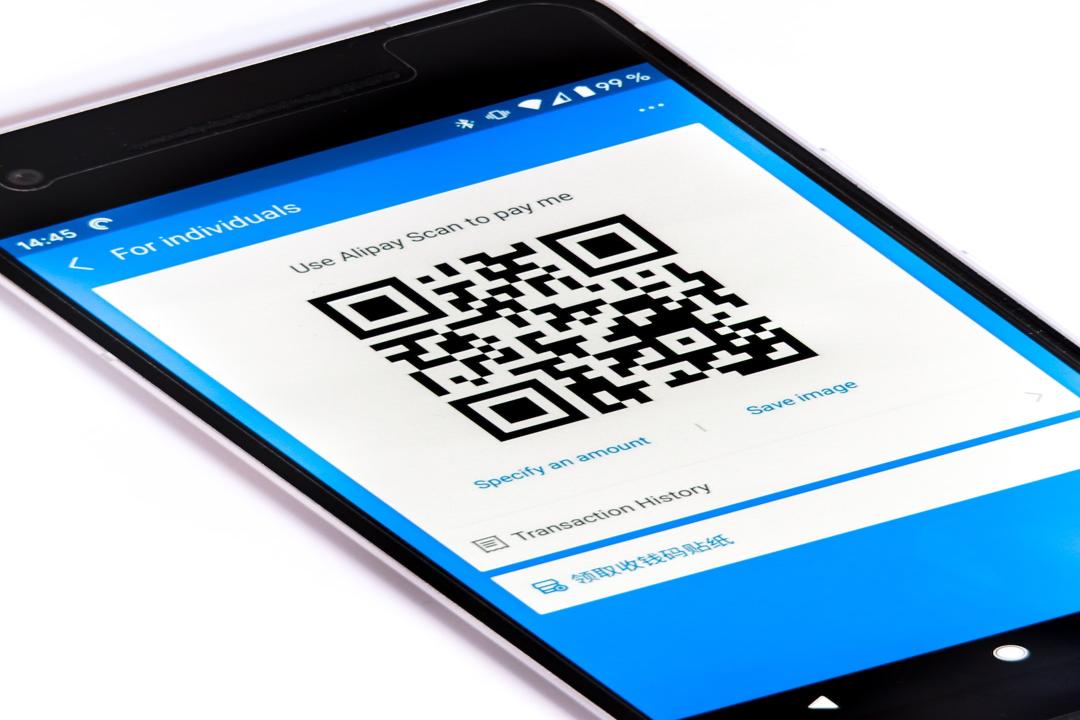Cardano is set to introduce an upgrade that has the potential to generate significant interest among developers. This upgrade, which includes message signing, marks the latest stage in Cardano’s ongoing development. The popular blockchain platform, Cardano (ADA), is preparing for a crucial upgrade that could greatly enhance the developer experience. By focusing on scripts for signing on-chain messages, Cardano aims to improve its network’s efficiency and usefulness, giving it an edge over its main competitor, Ethereum (ETH).
Unlike Ethereum, which uses a Merkle tree for data broadcasting, Cardano’s UTXO-based design enables faster execution of scripts for signing messages. This improvement is expected to bring significant benefits to Cardano’s Layer 2 solutions (L2s) and Decentralized Applications (dApps), offering speed, efficiency, and enhanced security.
Cardano’s upgrade is poised to unlock new opportunities for the platform. The introduction of message signing as a standard feature in 2020 with CIP-7 has already proven quite useful. Sebastien Guillemot, a prominent Cardano contributor and co-founder of PaimaStudios, highlighted the usefulness of message signing in establishing address ownership without on-chain transactions. This feature is particularly beneficial for using Cardano’s L2 wallets from L1 accounts, such as Milkomeda, Catalyst, and Mithril. It also allows for seamless integration with websites, enabling users to log in with Cardano and easily edit their profiles on sites like jpg store.
In addition to these advantages, the upgrade is expected to simplify indexer usage compared to previous methods. According to Guillemot, both Plutus datum and transaction metadata will address these issues. Messages can take various forms, such as a string confirming approval to log in to a website.
The introduction of scripts capable of signing messages represents a significant development in Cardano’s L2 ecosystem, according to Guillemot. He believes that improved message signing capabilities will make it considerably easier, cheaper, and safer to develop dApps and L2s that connect to Cardano.
While the benefits of Cardano’s script Messaging are substantial, it’s important to acknowledge concerns raised by contributors within the community. Rick McCracken, another important participant in the Cardano community, has expressed concerns about the role of the ADA cryptocurrency as the foundation of Cardano’s economy.
At the time of writing, ADA is trading at $0.5877, reflecting a 4.45% decrease in the past 24 hours. Its market capitalization has decreased by 4.4% to $20.9 billion, but the trading volume has increased by 6% to $666 million.
Despite the market downturn for ADA, Cardano’s founder, Charles Hoskinson, has outlined three key catalysts that could boost the cryptocurrency’s price. The first priority is to ensure the smooth running of decentralized governance, particularly in relation to treasury activities, which are used to support staking incentives.
In conclusion, Cardano’s upgrade featuring message signing is poised to revolutionize the developer experience and enhance the platform’s efficiency. With its focus on speed, efficiency, and security, Cardano is positioning itself as a strong contender in the blockchain industry.


